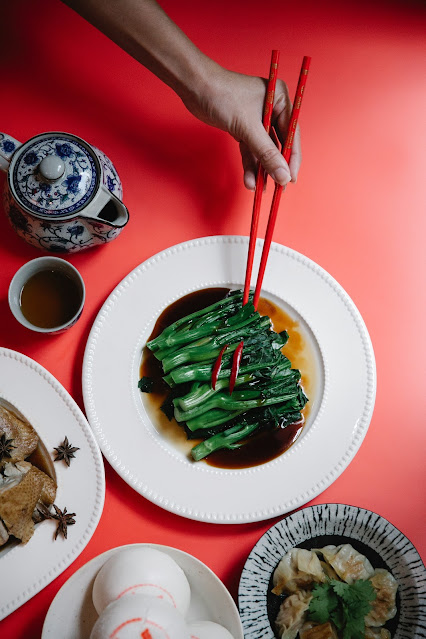Exploring Traditional Chinese Medicine: Ancient Wisdom for Modern Wellness
Introduction
Traditional Chinese Medicine (TCM) is a holistic system of healing that has been practiced for thousands of years in China and other parts of East Asia. Rooted in ancient philosophy, TCM offers a unique approach to health and wellness that has gained recognition and popularity in the modern world. In this article, we'll delve into the principles, practices, and benefits of Traditional Chinese Medicine.
Principles of Traditional Chinese Medicine
TCM is built upon several fundamental principles:
1. Qi (Chi): Qi is the life force or energy that flows through the body's meridians. In TCM, good health relies on the unobstructed flow of Qi.
2. Yin and Yang: The balance of yin (passive, dark, and cold) and yang (active, light, and warm) is central to TCM. Health is seen as the harmonious balance of these opposing forces.
3. Five Elements: TCM categorizes elements (wood, fire, earth, metal, water) to explain the interconnectedness of bodily functions and the environment.
4. Meridians: TCM identifies specific energy pathways, or meridians, through which Qi flows. Acupuncture and acupressure focus on these meridians to balance Qi.
TCM Practices
1. Acupuncture: This technique involves the insertion of thin needles at specific acupuncture points to stimulate the flow of Qi and promote healing. It's used to address various ailments, from pain management to stress reduction.
2. Herbal Medicine: TCM utilizes a wide range of herbs and botanicals to create custom herbal formulas tailored to an individual's specific health needs. These formulas can be in the form of teas, powders, or pills.
3. Dietary Therapy: TCM places great emphasis on food as medicine. Dietary recommendations are made based on an individual's constitution and health condition.
4. Tai Chi and Qigong: These mind-body practices involve gentle movements, meditation, and controlled breathing to improve balance, flexibility, and overall well-being.
5. Cupping Therapy: Cupping involves creating suction on the skin's surface using glass or plastic cups. It's used for pain relief and to improve circulation.
Benefits of Traditional Chinese Medicine
1. Holistic Approach: TCM considers the interconnectedness of the body, mind, and spirit. It addresses the root causes of illness rather than just the symptoms.
2. Personalized Care: TCM practitioners take into account an individual's unique constitution and health history, providing personalized treatment plans.
3. Natural Healing: TCM primarily relies on natural remedies, such as herbs and dietary changes, which often have fewer side effects than pharmaceutical drugs.
4. Complementary to Western Medicine: TCM can complement Western medicine, providing additional options for those seeking alternative or integrative approaches to healthcare.
5. Stress Reduction: Mind-body practices like Tai Chi and Qigong promote relaxation and reduce stress, which is vital for overall health.
Conclusion
Traditional Chinese Medicine offers a holistic and time-tested approach to health and wellness. While it may be unconventional to some, its principles and practices have provided relief and healing to millions of people worldwide. Whether used as a primary healthcare system or in conjunction with Western medicine, TCM continues to be a valuable resource for those seeking a balanced and holistic approach to well-being.




Comments
Post a Comment